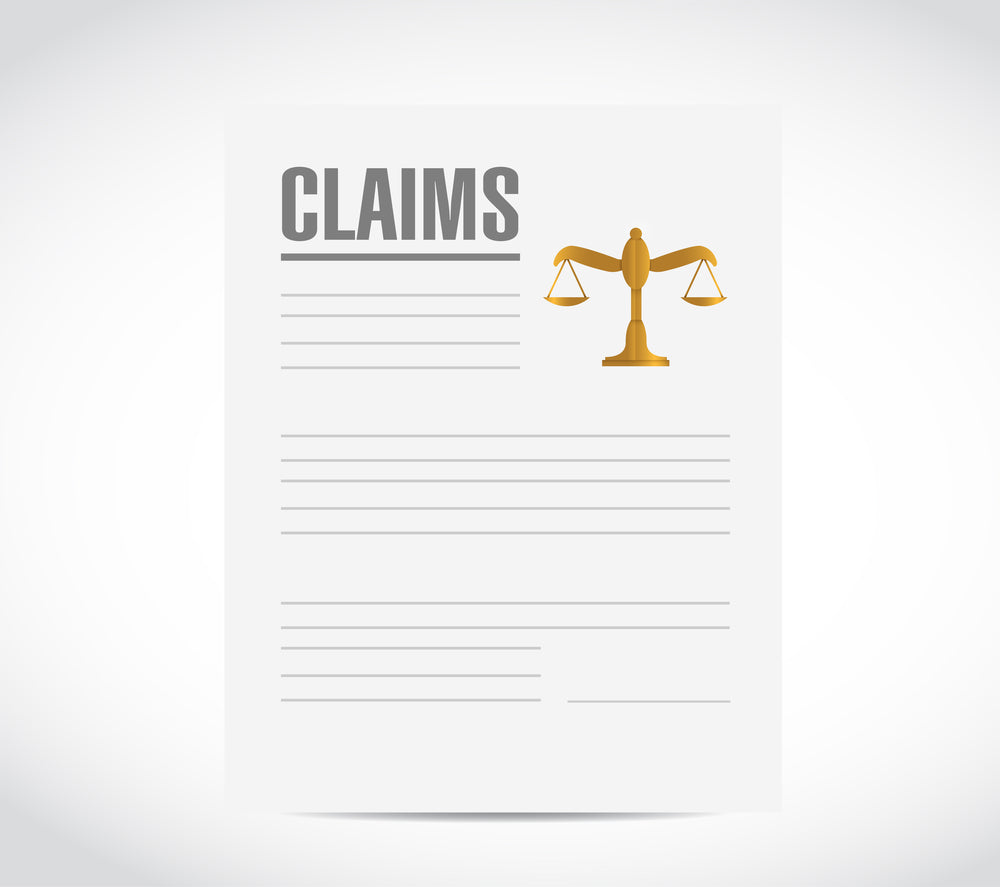Long-Term Disability Claim Denied: What To Do Next
You have suffered a severe injury, feel like you cannot go to work, and count yourself lucky because you have a long-term disability insurance policy. You go through all of the work involved to file the necessary paperwork, and you get an envelope with a decision inside. Now, you realize your claim has been denied and might wonder what to do next. The good news is that this doesn't necessarily mean all was lost. You should take a few important steps if your disability claim has been denied and you are still interested in pursuing benefits.

Review Your Long-Term Disability Insurance Policy and Denial Letter
First, you need to look at your long-term disability insurance policy. You need to figure out what is covered and what is not. Then, you need to look at your denial letter to see what the explanation from the insurance company is. This will give you the crux of your appeal, as you need to attack why your claim was denied. For example, the insurance company may claim that your insurance policy does not cover your injury or illness, or the insurance company may say that you have made a mistake in your paperwork. The insurance company may also say that you need to submit more evidence.
Reach Out to a Long-Term Disability Lawyer Who Can Help You
Next, you need to contact a long-term disability lawyer who can review your denial, analyse your insurance policy, and help you formulate a strong appeal. The insurance company will recommend that you appeal independently, but the insurance company wants to avoid paying out your claim. So, the insurance company wants you to avoid contacting an attorney. However, you are allowed to reach out to a lawyer who specializes in this area, and you need to find an attorney who can help you put your appeal in the best position possible to be successful.
Work With Your Attorney To Gather the Necessary Evidence and Appeal
Once you find an attorney you are comfortable with, you will work closely with them to gather the necessary evidence to file your appeal. For example, your lawyer may recommend you contact your doctor for your test results and medical records. The more evidence you can include with your appeal, the better your chance of having your appeal granted. Your attorney may also reach out to some expert witnesses who can testify on your behalf or submit a letter of support for your claim. Finally, with enough doctors explaining why your injury or illness does not allow you to return to work, you may be able to convince the insurance company to honor your appeal and provide you with your disability benefits.
Remember That You Do Not Have To Face This Situation Alone
Ultimately, these are a few of the most important steps to follow if your long-term disability insurance claim has been denied. While it is easy to get frustrated, angry, and upset, this is not something that you need to go through alone. Instead, you need to reach out to a long-term disability attorney who can review your insurance policy, take a look at the reason for your denial, and put an appeal in the best position possible to be successful. Remember that you may have a time limit within which you need to file an appeal, so the sooner you reach out to a long-term disability lawyer, the better off you will be.